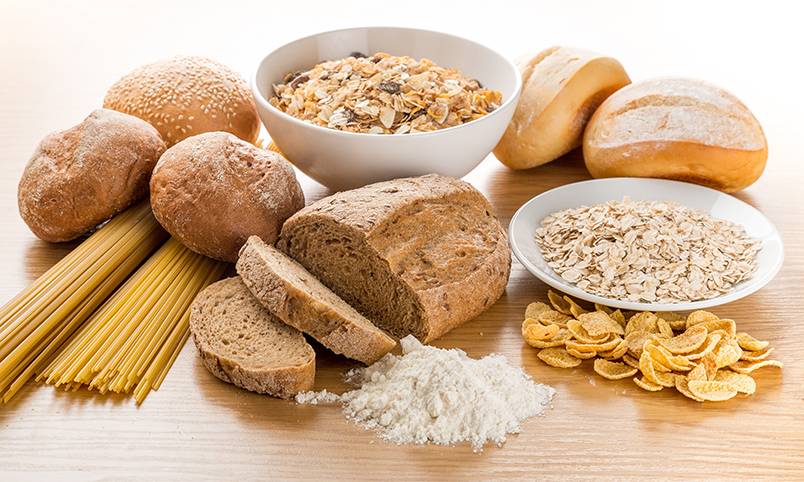Whole grains play an important role in the healthy and balanced life of a person. Unlike refined grains, where the healthful outer layers have been stripped away, whole grains retain their bran, germ, and endosperm, giving them a much higher value for vitamins, minerals, fiber, and antioxidants. A diet abundant in whole grains has several health benefits.
1. Improved Digestion
Whole grains are rich in dietary fiber, majorly composed of insoluble fiber, which aids good digestion. Fiber adds bulk to the stool, allowing the easy passage of food through the gut without problems such as constipation. It also helps in the proliferation of good bacteria in the gut that favor digestive health.
2. Heart Health
Certain studies prove that whole grains help decrease the risk of heart diseases. Whole grains contain fiber, antioxidants, and healthy fats that facilitate cholesterol reduction, blood pressure control, and inflammation management. Such whole grains include oats, barley, and quinoa, which have been associated with lower rates of cardiovascular disease.
3. Weight Management
Whole grains are indeed more satiating compared to refined grains due to their higher fiber content. This would help in controlling one's appetite and not overeating, thus making it a very good choice for those intending to manage their weight. Besides, whole grains have a lower GI than refined grains; this in return maintains your blood sugar level.
There are many disorders, such as type 2 diabetes and cancers, from which consumption of whole grains on a regular basis may reduce the risk. Antioxidants and phytochemicals included in whole grains help in combating oxidative stress and inflammation, both very important factors in the development of chronic diseases.
5. Better Blood Sugar Control
Extra fiber and complex carbohydrates in whole grains take longer to digest. As a result, they can assist in controlling blood-sugar levels. This can help prevent diabetes in those who are at risk and also help manage symptoms for people who have the disease.
Whole grains-brown rice, whole wheat, oats, and quinoa-are packed with nutrients that are, for the most part, missing from processed foods. Used to make cereals, bread, and side dishes, whole grains are a powerful method to provide your body with basic nourishment.




No comments yet
Be the first to share your thoughts!